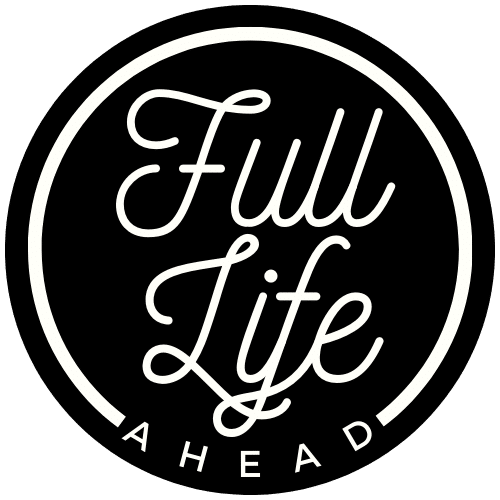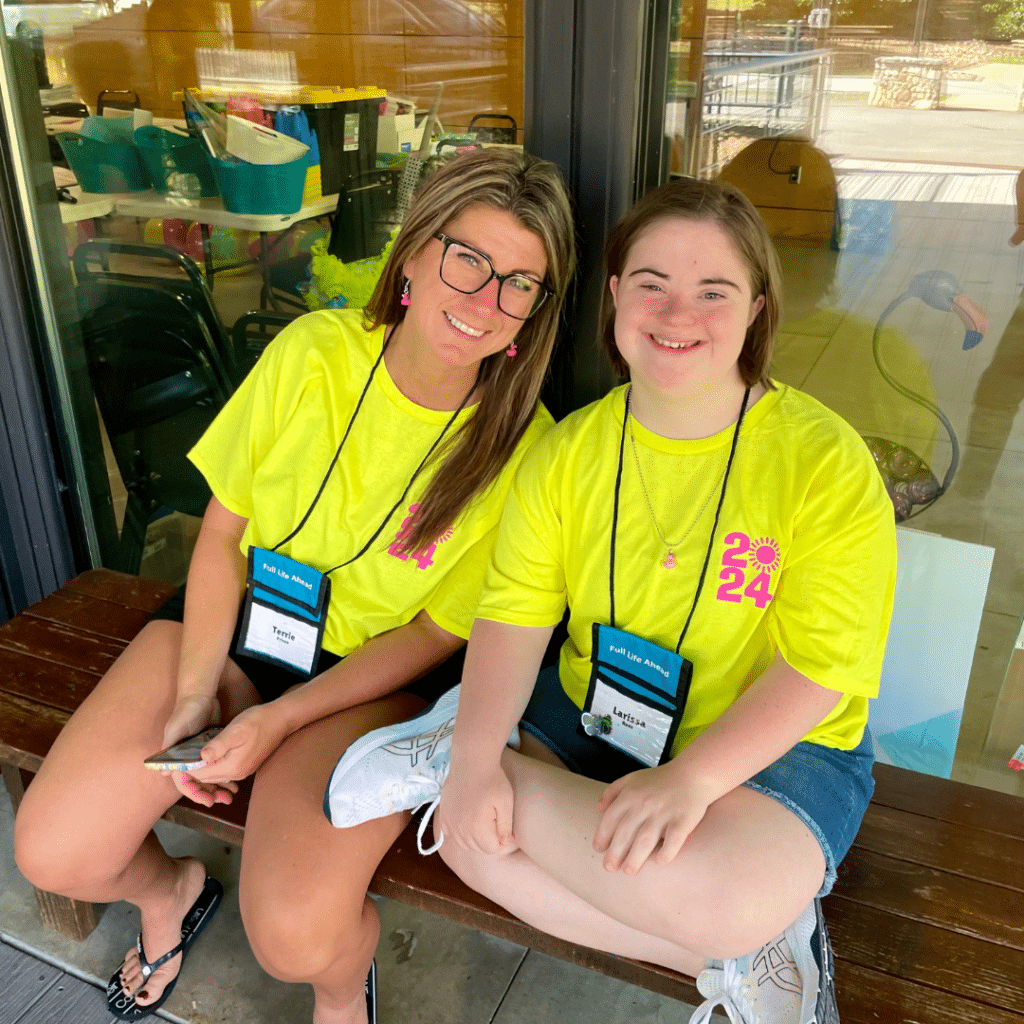I wasn’t much of a “doomsday prepper”; I was a single mother of two just getting by, grateful to keep to Mikelle’s life moving towards graduation. My son, Kasey, had spread his wings and was living in New York City. No, I wasn’t much of a “think ahead kind of gal.” That is until one early morning after I got her on the school bus, I went up to our second floor of our high rise condo building tucked in between other mid-century high rises, tall trees swaying in a late summer breeze and old Denver Square homes built a century ago.
I had the phone pinned against my ear talking to a friend while making Mikelle’s bed, sweeping the floor and reining in the morning chaos. Mikelle’s VCR/TV played in the background. The Today Show typically brought light morning news and entertainment more like background noise on this sunny morning. That is until Katie Couric announced a plane had crashed into the World Trade Center.
While talking to my friend, I watched a plane devour the second World Trade Center tower and the world changed. It was September 11, 2001, and at that moment I found my inner “prepper.”
My first reaction was to go to the grocery store and spend $200 and fill up our 1992 Dodge Caravan with gas while others watched events unfold. I knew I had to make sure Mikelle and I would be alright. As I did this, I called Kasey who worked just blocks from the Trade Center as a manager of a local Starbucks. He was ok. So was his fiancé, Allison.
As we all now know, our world has changed. September is National Disaster Preparedness month, and I am encouraging you to prepare. Mostly likely, your preparations are much like mine these days as a natural disaster, a power outage or a prolonged weather event is more likely where we need to put our preparation efforts. In Colorado, it is not unusual to have a snow storm blow through leaving a couple of feet of snow. Wheelchairs and snow don’t work well together. Or, like in 2013, we experienced a once in a 100-years type flood. In Alabama, tornadoes, torrential rains and an occasional ice storm are your primary threats.
As special needs parents, we need to consider the extraordinary needs of our kids in extraordinary events. Here is how Mikelle and I prepare. Please share your ideas. Let’s take care of each other!
My Stockpile Goods in the Home
- Candles
- Games
- Solar cellphone charger
- Waterproof matches
- Windup radio
- Sanitary products (toilet paper, paper towels, sanitary napkins)
- Soap
- Water
- Plastic bags
- Duct tape
- Wet wipes
- Medicines (including dietary supplements, painkillers, first aid supplies)
- Ten days of meals
- Numerous flashlights and extra batteries, plus battery powered lights
- Extra cat litter and pet food. If you have a service animal, prepare for their needs, too! A pet carrier is a good idea.
- Extra cash
In the Car
- A backpack chock full of small quantities of the above. Good for three days.
- Water
- Can opener
- Blankets and sleeping bags
- Chairs
- Mirrors for signaling
- Extra clothes including down jacket
- Emergency roadside equipment (charger, tools, etc.)
- Extra medicine in both backpack and glove box
- Portable stove and pan
- Coffee! (For Mikelle!)
- Extra pair of glasses and sunglasses
- Hair brush
- Wipes
On Mikelle’s Wheelchair
- Two sets of extra clothes
- Plastic bags
- Extra medicine
- Towels
- Rain poncho and heat retaining Mylar blanket
- Scissors
- Multi-use screwdriver
- Extra feminine products
Stress can affect our children with a disability. Try and make this preparation fun. Map out a variety of routes out of town and come up with fun names for each.
Did you know crayons can become candles? Can you open cans without can openers? You can learn lots of “prepper” strategies from the Crazy Russian Hacker…I don’t think he is actually Russian. But, he is fun, and your family will enjoy his “hacks”.
A few final notes:
- Make copies of all your important papers like Social Security and Medicaid Information. Send them to relatives in other parts of the country, if you can. Load necessary information in a secure electronic format readily available from another computer or smartphone. You can put documents in a watertight and fireproof container, which is a good idea. Keep in mind, if a tornado or another event destroys your home, those will be gone. Having backup copies is essential.
- Get to know your neighbors. Only ten percent of the population are first responders. Your neighbors are your quickest way to get help. However, do let will be your first responders. However, do let your Homeowners Association and your local fire department about your special needs.
- Dependent on medical equipment? Consider getting a generator for you home.
In final preparation, make sure caregivers and support staff have contact information in an electronic format and are aware of your disaster plans and supplies. Don’t worry if you don’t have all these supplies. You may even have more than we do. If you are just getting started, add one item to your grocery list weekly. Make your list and make small purchases over time. Most likely, you will never need them.
Prepping is a great skill to teach our children with special needs. Too often, our systems live on an annual plan and fail to look beyond goals and objectives. I think making this a family adventure teaches real skills for a lifetime. Make it fun, educational and a family activity.


